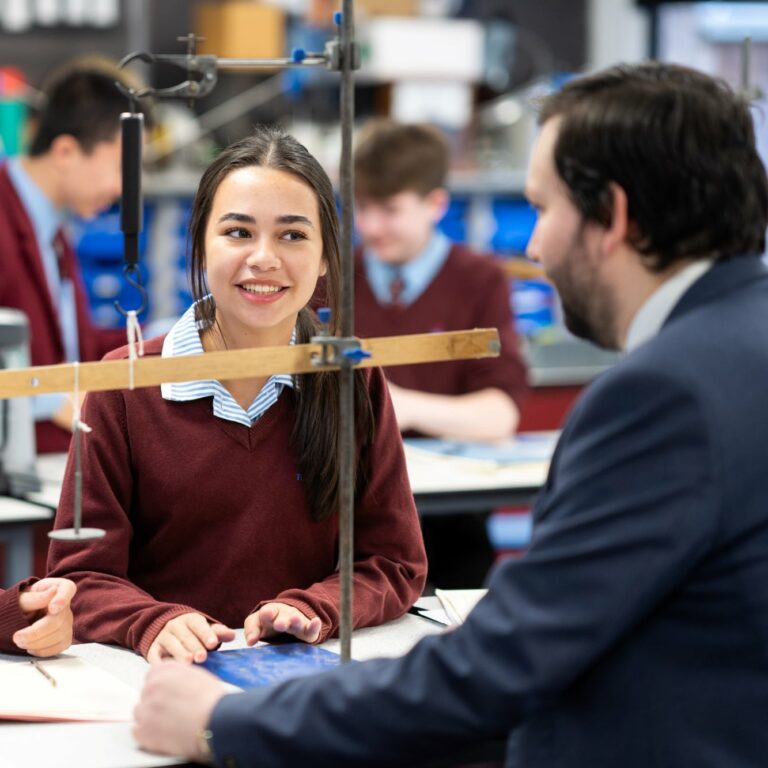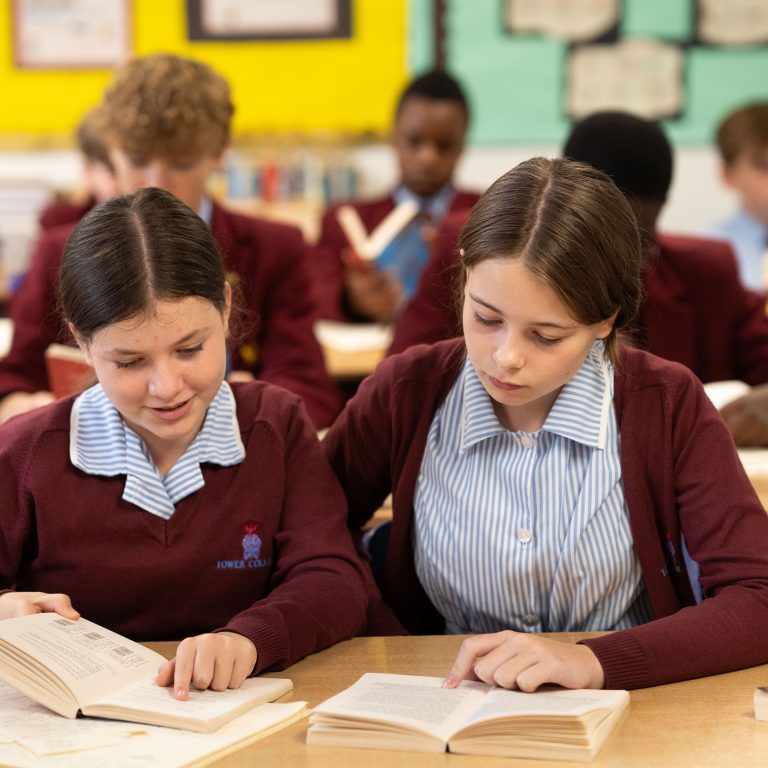Inspiring Excellence from Year 7 to Year 11
Since our founding in 1948, countless pupils have benefitted from a Tower College education. They have been welcomed into the best sixth form colleges and then studied for degrees at prestigious universities. They have managed to make a difference in every imaginable field and endeavour. I am constantly amazed at the contributions they have made, and continue to make, to the world around us.
Everything we do here is guided by our core values of Resilience, Integrity, Scholarship and Enrichment and these values are evident in our pupils’ GCSE exam results, extra-curricular achievements, charitable fundraising and in the many enthusiastic endorsements we receive from current and former parents.
At Tower College, we provide our pupils with the opportunities to achieve not only academic excellence but to also gain fundamental life skills such as finding their own strong voice, being kind and considerate, being an effective listener, being creative and being able to solve problems both individually and as part of a team; skills that are necessary if they are to thrive in an ever-changing world.
It’s no secret that we place emphasis on favourable class sizes and on the standard of teaching as these are proven to have the largest impact on a child’s progress.
A structured curriculum is delivered by qualified and caring staff who inspire and challenge, enabling every pupil to achieve their full potential. Pupils certainly benefit from a tailored learning experience, delivered in a secure and nurturing environment that encourages a lifelong passion for learning and a genuine interest in the world.
At Tower College, Middle School begins in Year 7, when pupils are supported in moving to a more traditional secondary school setting. Pupils take more responsibility for their learning. Our form tutors ensure that the transition is smooth and new pupils are welcomed with great care and attention.
Staff take great care in supporting the pupils as they discover where their strengths and interests lie; and as they enter Upper School and Year 9, when they must begin to decide on their GCSE options.
Pupils continue to develop core skills in literacy, numeracy and scientific investigation. National Curriculum elements are supplemented to give our pupils a solid educational foundation for life inside and outside of school. Our pupils are encouraged to strive for excellence and by providing an inspiring curriculum and carefully designed enrichment programme, we hope that our pupils become their best selves.



